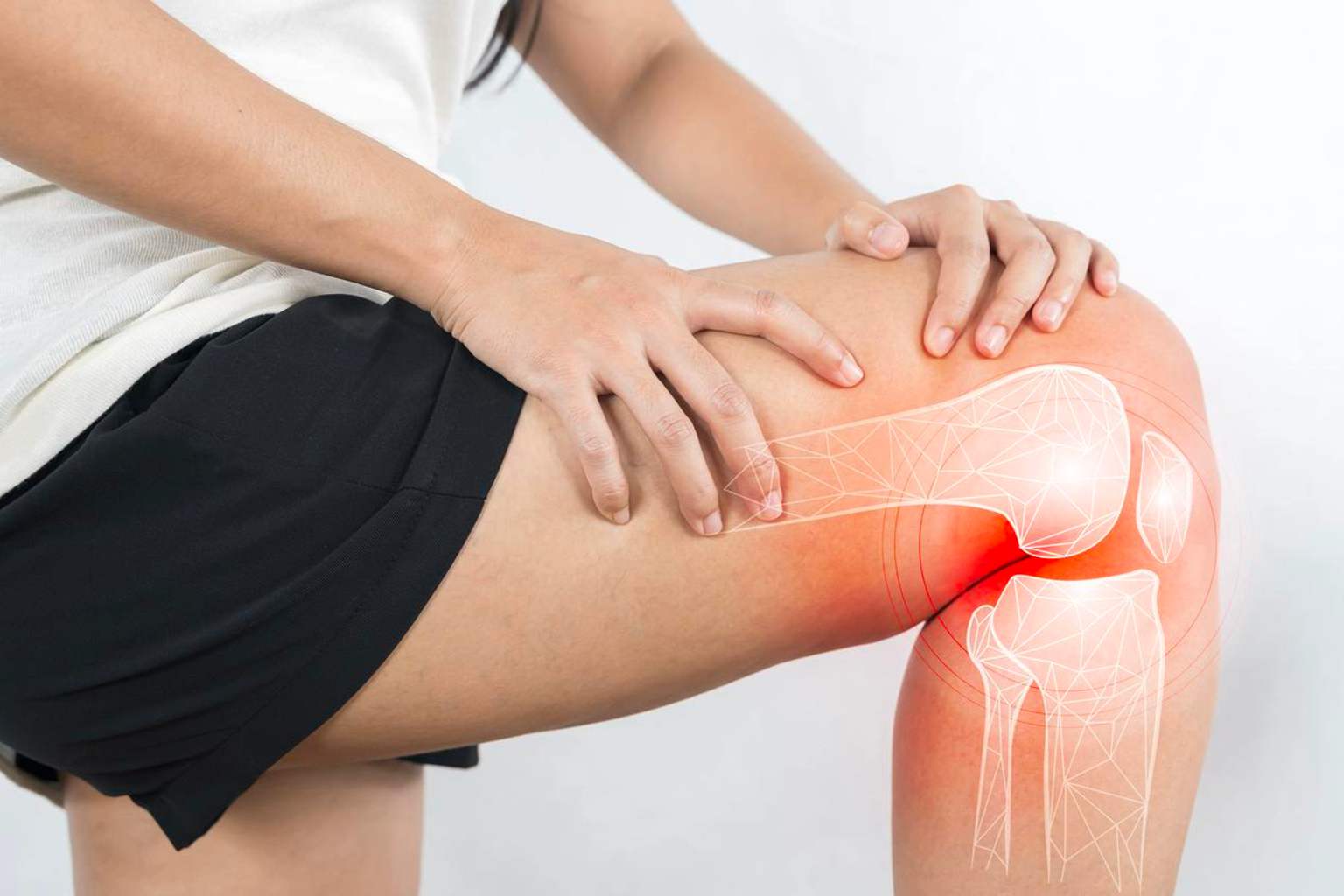This tiny seed from Latin America is capturing attention for its amazing benefits on blood sugar control and bone strength. If you’re curious about natural ways to support your health—especially when it comes to managing blood sugar or boosting bone density—you’ll want to get to know this powerhouse. It’s small, versatile, and packed with nutrients that could make a big difference in your daily wellness.
Why chia seeds are making a comeback for blood sugar and bone health
Chia seeds have a long history that stretches back to the ancient civilizations of Mexico and Guatemala, where the Aztecs and Mayans cherished them as an energy-boosting superfood. Fast forward to today, and scientists and health enthusiasts alike are revisiting these tiny seeds for their potential to help regulate blood sugar and promote strong bones.
If you’ve ever struggled with spikes in your blood sugar levels or worried about keeping your bones healthy as you age, chia seeds could offer a gentle, natural support. Their rich composition—full of fiber, calcium, magnesium, and plant-based omega-3 fatty acids—makes them an attractive choice for anyone looking to complement traditional healthcare with nutrition.
How chia seeds help stabilize blood sugar and strengthen bones naturally
One of the standout qualities of chia seeds is their high content of soluble fiber. When mixed with liquid, chia seeds swell and form a gel-like substance. This gel slows down the absorption of sugar in your bloodstream, helping prevent sudden blood sugar spikes after meals. This effect is especially helpful for maintaining steady energy levels throughout the day.
But there’s more. Eating just about ⅓ of a cup of chia seeds provides roughly 180 milligrams of calcium—more than some dairy drinks offer. When combined with the magnesium and phosphorus they also contain, chia seeds contribute meaningfully to the maintenance and regeneration of strong bones. Current studies support the idea that this mineral cocktail helps slow down the loss of bone density that often comes with aging.
Plus, chia seeds are among the best plant-based sources of omega-3 fatty acids, which are crucial for heart health. Incorporating them into your diet can improve your lipid profile and may reduce the risk of cardiovascular diseases.
Easy ways to add chia seeds to your daily meals
One of the reasons chia seeds have become so popular is their mild, neutral taste and versatile texture. You can sprinkle them over your morning yogurt or blend them into a smoothie for a nutritious boost. When soaked in a plant-based milk or water, they transform into a pudding-like gel that’s perfect for a healthy snack or breakfast.
I like to add chia seeds to my pancake batter or mix them into homemade granola to up my fiber intake effortlessly. Just a few tablespoons a day can make a noticeable difference for both digestion and nutrient intake.
However, moderation is important. Overdoing chia seeds may cause digestive discomfort, especially if you’re sensitive or have a history of gastrointestinal issues. Remember to follow serving recommendations and inform your healthcare provider if you include chia seeds regularly, especially if you’re on medication that could interact with certain nutrients.
Beyond personal health, chia seeds also fit well into an environmentally friendly diet. They require relatively little water and few chemical treatments to grow, making them a sustainable choice for conscious eaters who want to reduce their ecological footprint.
—
Have you tried chia seeds in your meals? What’s your favorite way to enjoy this tiny but mighty seed? Share your experiences in the comments below—we’d love to hear your stories and tips! And if you found this helpful, don’t hesitate to share it with friends looking for simple ways to improve their health naturally.
